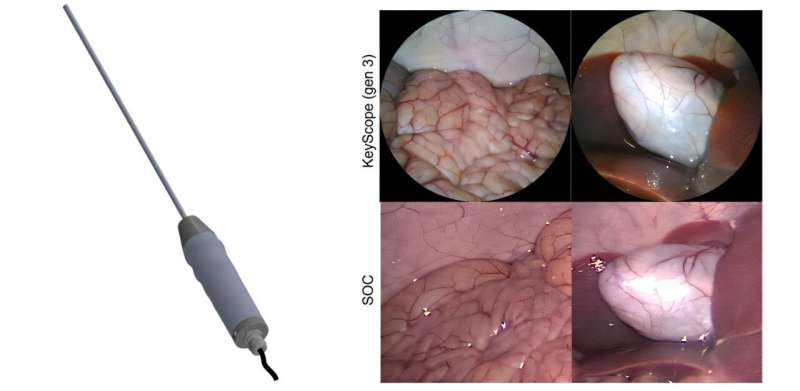Traditional laparoscopes, which can cost over $130,000, are often out of reach for LMIC regions. By contrast, the KeyScope is priced at approximately $1,000, making it a viable alternative. This cost reduction is achieved by replacing the fragile lens systems and fiber optics with LEDs and a small camera at the device tip.
The KeyScope is designed to be robust and user-friendly. It connects to a laptop via USB, providing both power and video feed, which is crucial in areas with unreliable electricity. Its waterproof design and lack of detachable parts make it suitable for submersion sterilization, a common practice in LMICs. This feature also minimizes the risk of losing parts, which can be difficult to replace.
Manufacturing the KeyScope locally is another key advantage. A company in Uganda has demonstrated the capability to produce the device, ensuring that it can be serviced and distributed within Africa. The KeyScope has been tested and shown to deliver high-resolution images with a wide field of view, color accuracy, and low distortion, comparable to standard laparoscopes.

